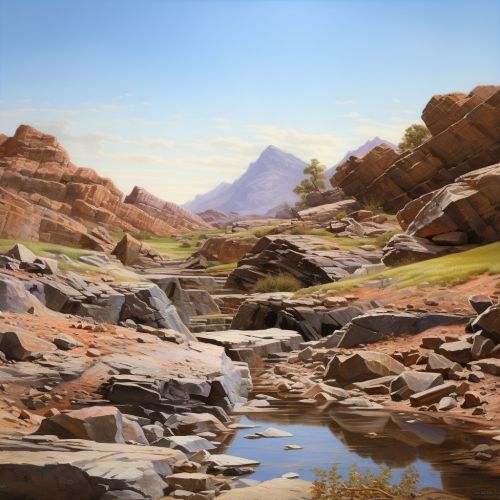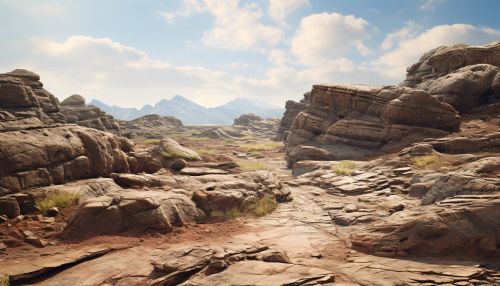Geologys Role in
Introduction
Geology, the scientific study of the solid Earth, its rocks, and the processes by which they change, plays a significant role in many aspects of life and the natural world. This article explores the various ways in which geology impacts and interacts with different areas, including the environment, human civilization, and other scientific fields such as climatology and biology.


Geology and the Environment
Geology has a profound impact on the environment, influencing everything from the formation of landscapes to the occurrence of natural disasters. For instance, the study of plate tectonics helps us understand why earthquakes and volcanic eruptions occur, and where they are most likely to happen in the future. Similarly, the study of sedimentology can provide insights into past climates and environments, helping us understand how the Earth's environment has changed over time.
Geology and Human Civilization
Human civilization has been shaped by geology in numerous ways. The distribution of natural resources, such as fossil fuels, minerals, and groundwater, is determined by geological processes. The study of geology also aids in the planning and construction of infrastructure, from roads and bridges to dams and skyscrapers. For example, understanding the properties of different rock types can help engineers determine the best locations for building structures.
Geology and Other Sciences
Geology intersects with many other scientific disciplines. In climatology, for instance, geologists study past climates to understand how the Earth's climate system works and how it might change in the future. In biology, the study of paleontology uses geological principles to understand the history of life on Earth. Geology also plays a role in the study of astronomy, as the principles used to study the Earth can also be applied to other planets and celestial bodies.
Conclusion
In conclusion, geology plays a vital role in many aspects of life and the natural world. Its influence can be seen in the environment, human civilization, and other scientific fields. By studying geology, we can gain a deeper understanding of the Earth and its processes, helping us to better manage and protect our planet.
